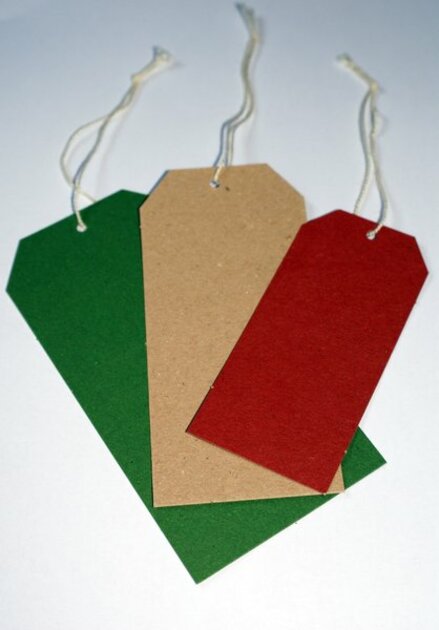
Our Gemara tells us the story of Nicanor and the gates that he brought from Alexandria in honor of the Bais HaMikdash:
For Nicanor, miracles were performed to his doors. The Sages taught in the Tosefta: What miracles occurred for his doors? They said: When Nicanor went to bring copper doors for the eastern gate of the Temple from Alexandria in Egypt, famous for its craftsmanship, on his return voyage by ship, a storm arose in the sea and threatened to drown him. The ship’s passengers took one of the doors, which were exceedingly heavy, and cast it into the sea, fearing that the weight of the doors would sink the ship. And still the sea did not rest from its rage.
They sought to cast the other door into the sea, at which point Nicanor stood and embraced it and said to them: Cast me into the sea with it. Immediately, the sea rested from its rage, and it was necessary to cast neither the door nor Nicanor into the sea. The ship continued its journey with one door and for the entire voyage, he regretted the fate of the other door that he allowed them to cast into the sea. When they arrived at the port of Akko and prepared to disembark, despite the fact that it was made of copper, the door that was thrown into the sea was poking out under the sides of the ship. And some say a sea creature swallowed it and spewed it onto the land.
Ben Yehoyada raises the following question: How was it permitted for Nicanor to put his life at risk? He actually was ready to go overboard with the last beloved gate. Ben Yehoyada states that it would not be considered suicide, because he did not do it with his own hands, and he did it merely out of great distress. In effect, he was saying he cannot allow himself to live with the loss of this precious object. Ben Yehoyada quotes a Midrash in support of this, that suggests that King Tzidkkiyahu, could have refused to cooperate with his oppressors and be killed for it rather than see the pain of his own children being slaughtered in front of him.
Further in support of this chiddush, Ben Yehoyada quotes the Sefer Besamim Rosh, a compiled set of Teshuvos purportedly written by the Rosh, who also says that one can commit suicide if facing great and unrelenting pain.
It is important to note that most historians consider the Sefer Besamim Rosh as an elaborate forgery perpetrated by the Maskil Saul Berlin. Though dozens of rabbinical authorities quote this sefer throughout the generations, if you get a hold of an uncensored version you can see that some of these Responsa are clearly Trojan horses, designed to implant heretical and Maskilic ideas under the guise of pedigreed rabbinic responsa. This particular responsum could easily be in that category. It is in fact omitted from the downloadable version of this Sefer on Hebrewbooks.org. Some authorities say that they are authentic responsa woven into the forgeries. Be that as it may, it is surprising and notable that Ben Yehoyada quotes this sefer as an authority and does not question it, especially because one can find even more radical statements sprinkled throughout the sefer.
One last point. There is a similar responsum by the Chasam Sofer (Yoreh Deah 326) where he rules that somebody who commits suicide out of avoiding intense and inevitable pain and anguish, is not considered in the category of suicide insofar that he is denied the usual Jewish burial rites. It is important to understand though, there is a distinction between what the Chasam Sofer said and the Besamim Rosh. The Chasam Sofer is not permitting suicide in those circumstances, he is merely saying that it does not reach the threshold of halakhic suicide that the perpetrator is denied burial benefits and privileges.
Translations Courtesy of Sefaria, except when, sometimes, I disagree with the translation ![]()
If you liked this, you might enjoy my Relationship Communications Guide. Click on the link above.
Rabbi Simcha Feuerman, Rabbi Simcha Feuerman, LCSW-R, DHL is a psychotherapist who works with high conflict couples and families. He can be reached via email at simchafeuerman@gmail.com
 Previous
Previous

